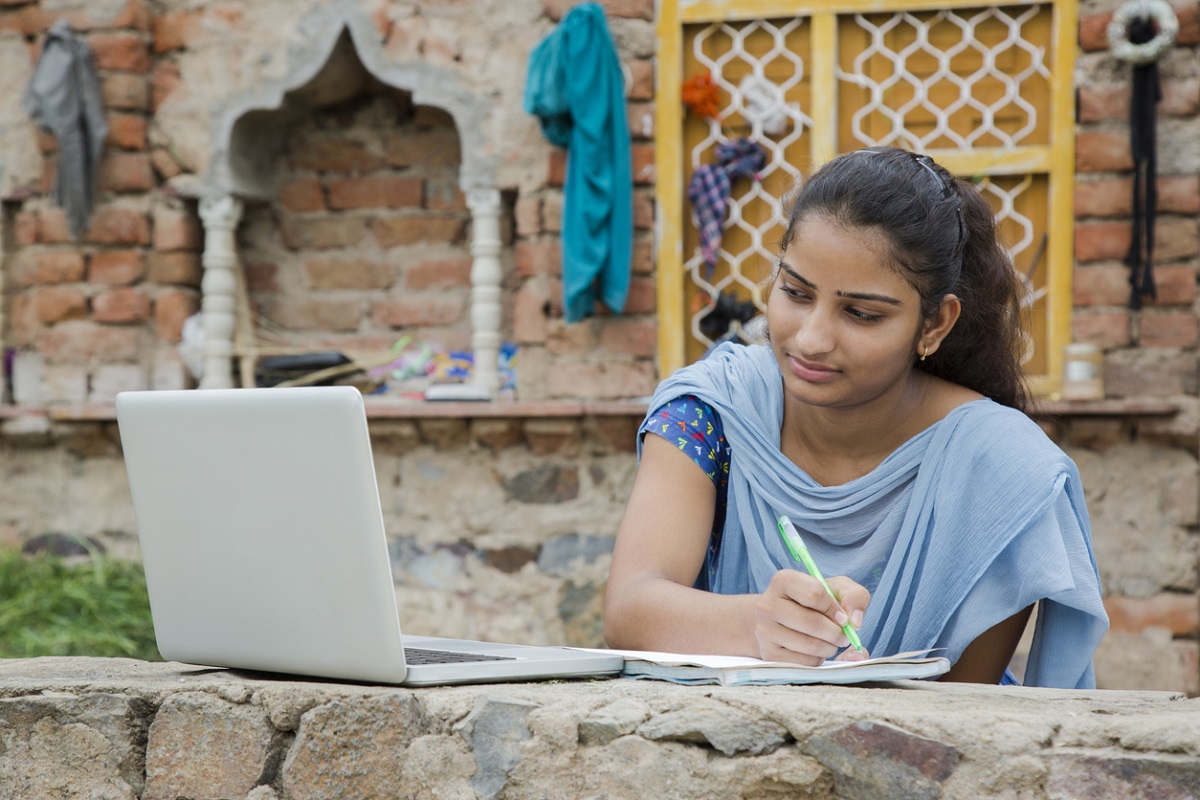Amidst the second wave of the Covid-19 pandemic, millions of young people aged between 10-30 years from urban and rural India led commendable efforts such as conducting vaccination drives, linking marginalized communities to essential commodities, providing peer counselling, and debunking myths around Covid-19 and vaccines.
The ‘Young Warrior’ movement was launched in May 2021, and achieved significant scale, with 6.6+ million actions taken, said organisers in a statement.
Advertisement
Recently, its second phase ‘Young Warrior NXT’ was introduced by the Ministry of Youth Affairs (MoYAS), UN offices (UNICEF, UNFPA, UNDP, UNV, UN Women, UN AIDS, UNHCR, WHO, and ILO) and YuWaah (Generation Unlimited in India).
According to organisers, it has been envisioned to serve as an emergency response to the learning and skilling crisis compounded by Covid-19 and the subsequent lockdowns. Through this year-long initiative, it aims to equip the young people of India between the ages of 14-24 with key life and employability skills to enable them to pursue successful lives and careers. This will include five anchor life skills of Self-Awareness, Collaboration, Problem-Solving, Communication, and Decision-Making, and Employability Skills that cover vocational training and job-readiness skills.
Recognising the psycho-social impact of Covid-19 on the learner community, the program will also include initiatives that address mental health and emotional well-being.
According to Usha Sharma, Secretary (Youth Affairs), Ministry of Youth Affairs and Sports, “the youth of our country are drivers of change. It is important to provide them with the tools and skills needed to embrace the rapidly-changing needs of the 21st century workplace and society, key to which is life and employability skills.”
UNICEF Representative in India, Yasmin Ali Haque and Co-Chair, YuWaah, adds: “India is the youngest country in the world and will continue to be so for the next 20 years. #YoungWarriorNXT provides an avenue for young people to learn essential life skills that supplement their academic knowledge. Young people can learn these skills through a simple feature phone, smartphone or DIY home kits.”
BVR Mohan Reddy of YuWaah notes that the pandemic has affected young people, but their contribution towards rebuilding India is awe-inspiring. “However, we need to focus on the learning and skilling gap of young people and prepare them with key essential and employability skills for their future.”











